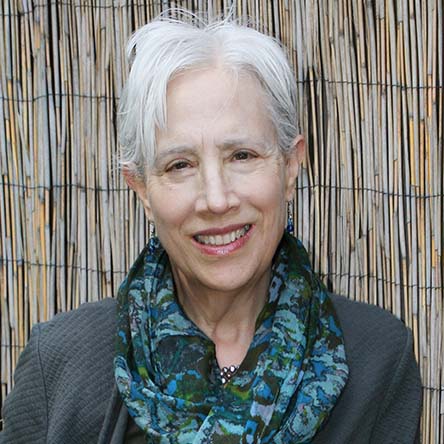Positive Intelligence + What Would Jimmy Carter Do?
An Interview That Changed His Life
It was late in the 1950s, and a Navy officer, fresh out of Annapolis, was hours into an interview with the admiral who single-handedly created the world’s first nuclear Navy through sheer willpower and determination. No one worked on one of his atomic subs who had not survived one of his interviews.
In response to the softball question, “How did you stand in your class at the Naval Academy?” the young officer noted, with pride, his position as 59th in his class. He realized the admiral was not impressed with rank when his follow-up question was blunt-ended, “But did you do your best?”
The weight of the question, and the moment, pressed heavily on a young Jimmy Carter. His initial impulse to answer in the affirmative was tempered with a waterfall of memories; of the times, big and small, when his best had not made an appearance, but he had managed to get by.
“No, sir,” he confessed, “I didn’t always do my best.”
As the admiral stood to leave, he asked one final question that would take many forms over the coming decades but would challenge and inspire the young man for the rest of his life.
“Why not?”
Fast forward to the late 1970s when as President of the United States, Jimmy Carter decided and did his best to reshape the American public’s opinion on the urgency of energy policy, stating, “energy and climate change were the moral equivalents to war.”
His efforts to convince the public fell short, and he was ridiculed and mocked for them and for putting solar panels on the White House.

Not The Expected Response
But an old Navy friend, observing Carter’s brutal treatment, beamed with pride.
“There is no question that the public will ultimately understand, and he will be regarded as a far-seeing man who has attempted to protect the people of the US,” stated Admiral Rickover. “It took about four hundred years for the Lord Jesus Christ to have his message accepted. Up to that time, he would be considered a ‘failure.’ As long as a man is trying as hard as he can to do what he thinks to be right, he is a success, regardless of the outcome.”
Answer the question for yourself. “Did you do your best?” and, if not (which is more times than I’d care to admit), “why not?”
Someone once observed that the splinter in your eye is hard for me to see because of the log in mine. Yes, it’s a brutal reminder. But each has more than enough to do on this path of self-discovery and improvement.
Positive Intelligence and Emotional Intelligence are two tools for self-development I’ve heard tossed about lately.
These are two terms used to understand human behavior and Mental Health. While both concepts have their unique features, they share some common ground in their purpose to help individuals increase their emotional awareness and manage their emotions healthily and productively.
Positive Intelligence is an individual’s ability to identify and cultivate positive states of mind, such as happiness, compassion, and gratitude. It is based on the idea that negative thoughts and emotions can detract from our overall well-being, whereas positive emotions enhance it. Positive Intelligence aims to help individuals cultivate a positive mindset, reframe negative thoughts, and increase overall well-being.
Emotional Intelligence aims to help individuals develop emotional awareness, manage their emotions in a healthy way, and effectively communicate with others. Emotional Intelligence, on the other hand, is the ability to understand and manage one’s emotions and those of others. It encompasses many skills, including emotional regulation, empathy, and self-awareness.
One significant difference between Positive Intelligence and Emotional Intelligence is that Positive Intelligence focuses primarily on positive emotions, while Emotional Intelligence addresses both positive and negative emotions. Positive Intelligence aims to increase happiness and well-being by shifting one’s focus from negative thoughts to positive ones. In contrast, Emotional Intelligence aims to help individuals understand and manage all of their emotions, not just the positive ones.
Positive Intelligence encourages individuals to cultivate positive emotions by focusing on what is going well and what they are grateful for. In contrast, Emotional Intelligence helps individuals manage their feelings through deep breathing and emotional journaling techniques. Another difference between the two is that Positive Intelligence emphasizes mindfulness and the development of positive habits, while Emotional Intelligence focuses on emotional regulation and self-awareness.
It turns out, Positive Intelligence and Emotional Intelligence are both valuable concepts that can help individuals improve their emotional well-being and Relationships with others.
When considered in the light of “doing your best,” I believe Jimmy Carter taped into both. Not just during his days in office but in years since, he illustrates, for those paying attention, what it looks like to do his best every day.
So, what about it?
Are you giving your best today, or just skating by?
What might we accomplish if we left it all on the court, the conference table, Zoom call, speaker’s podium, child’s bed, or volunteer committee?
It’s something to think about.
Use this link if you’d like to talk about it.
The post Positive Intelligence + What Would Jimmy Carter Do? first appeared on James Swan Coaching.

























